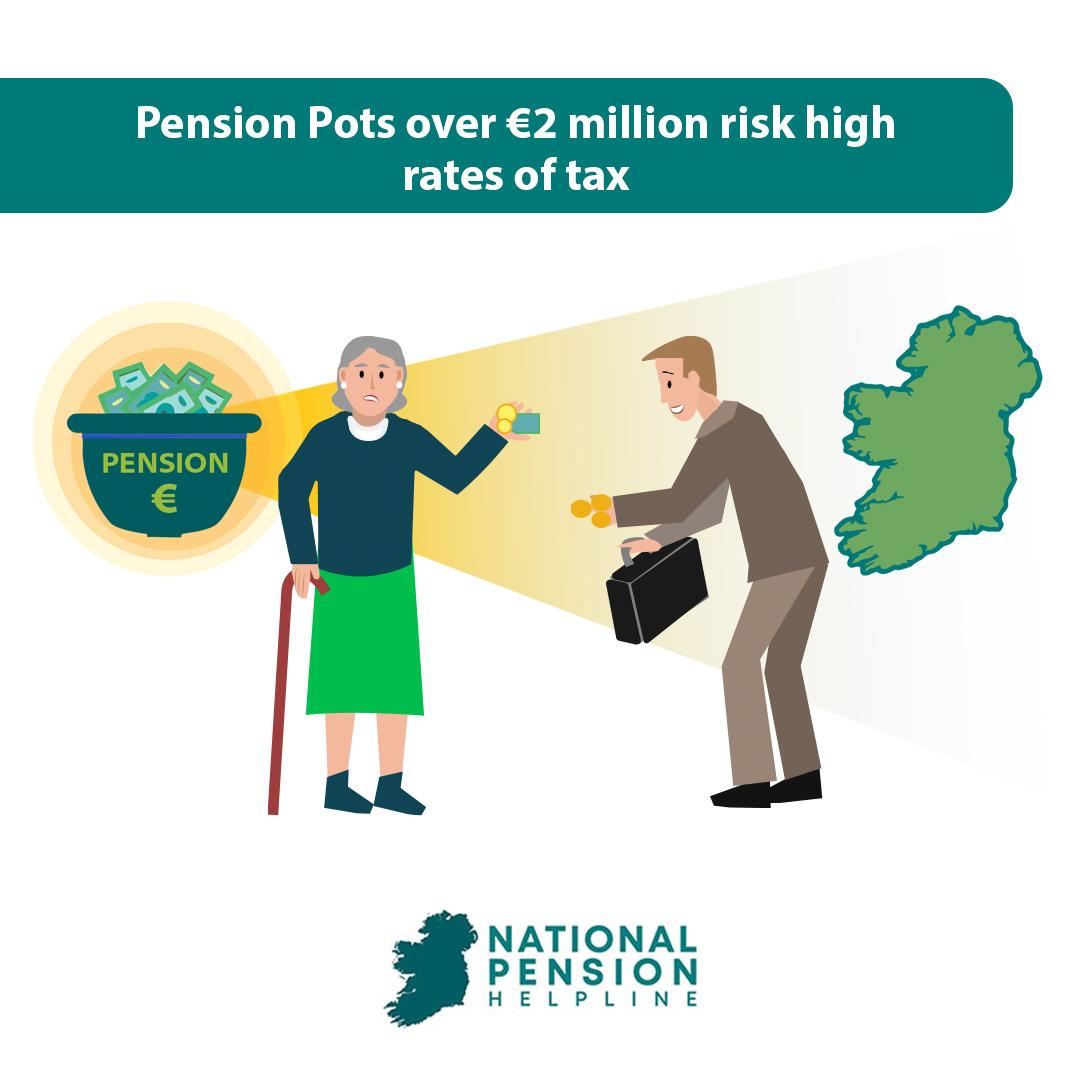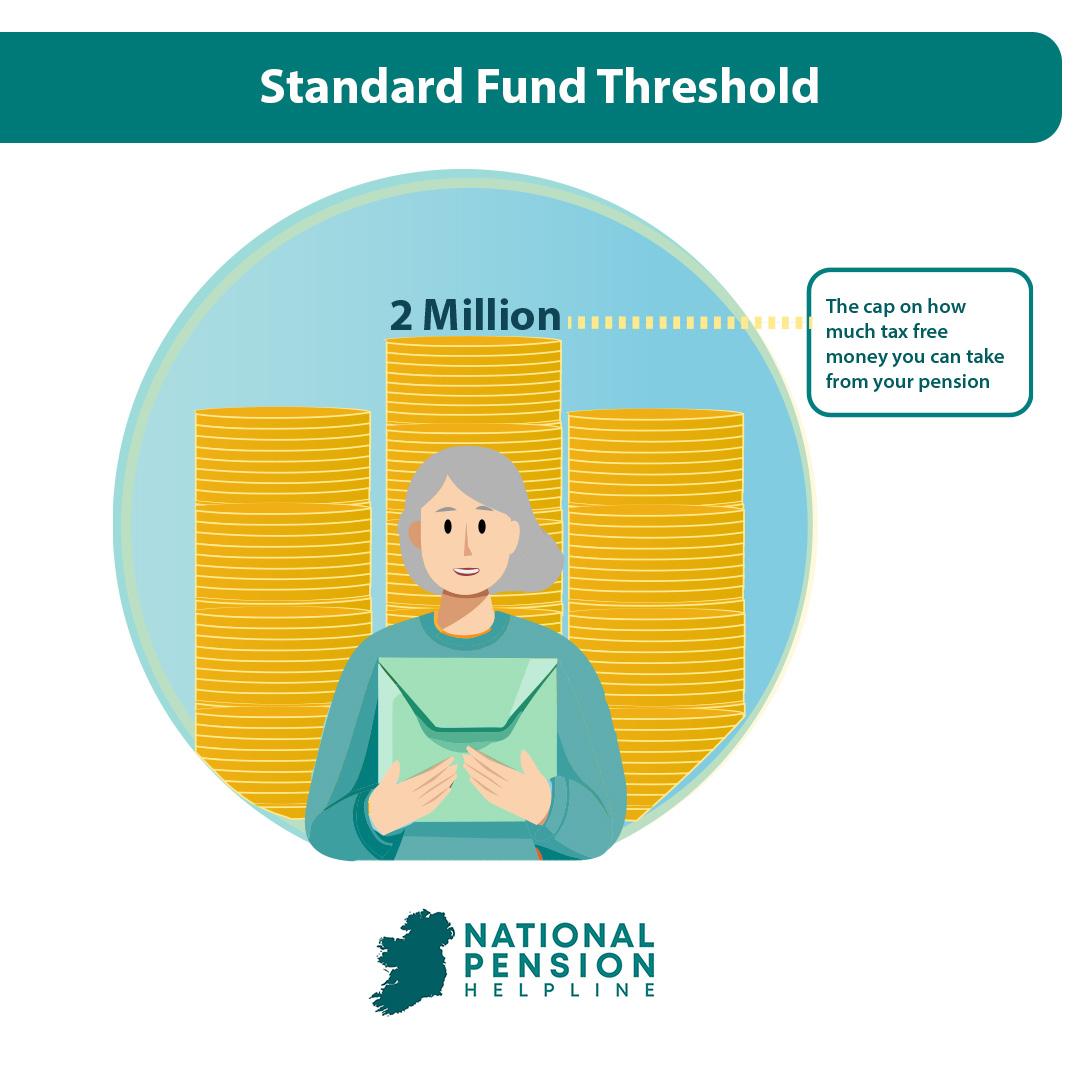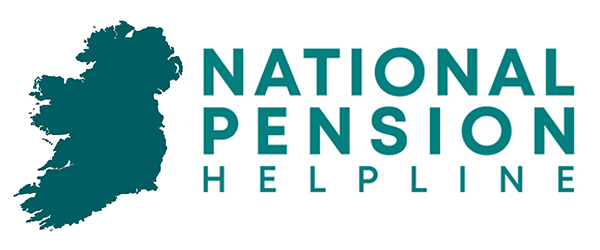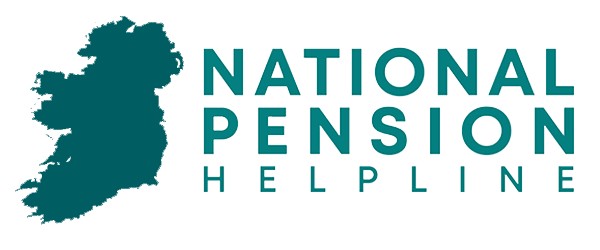
It has been suggested that the €2 million euro threshold for pension pots in Ireland is too low leaving even relatively modest pension savers at risk of paying a high rate of unexpected tax close to retirement.
The pension Standard Fund Threshold (SFT) was originally put in place to prevent savers from using tax relief available to generate overly substantial retirement savings.
Table of Content
What is the Standard Fund Threshold?
The SFT is the overall limit on the value of your pension savings that you can get tax relief on, any more than this limit of €2 million, and you may have to pay an immediate income tax bill of 40% on any amount above the threshold.
There are also limits on the percentage of your salary you can contribute to your pension and receive income tax relief, depending on your age, and an overall cap on the amount of salary that the percentage applies to of €115,000.

High pension savings
In the years following the financial crash, the pension savings threshold was reduced from the 2005 threshold of €500,000. The current threshold of €2 million was put on pension savings in 2014.
Pension savings higher than this threshold are subject to tax at a rate of up to 40% with further income tax, USC, and possibly PRSI to be paid on pension income derived from pension savings over the threshold.
Although tax incentives for workers were put in place to encourage saving for retirement during their working life, many more workers than were originally envisaged in 2014 may face a tax bill on their high pension pots with the current threshold in place.
Pension funds
Buoyant stock market performance of pension fund assets along with higher average earnings in recent years has meant that many not so high earners may have pension savings above the €2 million threshold.
Many senior executives may face this tax bill as, with average salary growth, their pension savings may exceed the €2 million threshold as the limits have not been revised since 2014.
Pensions in the future
Inflation and the rising cost of living, as well as demographic changes, have also reduced the value of these pension savings in real terms and also means that pension pots may need to be higher than previously envisaged.
The purchasing power of a €2 million pension pot will be much less than it may have been in 2014 when the threshold was put in place given recent high levels of inflation. Higher prices for goods, services, and housing may mean that pension pots do not stretch as far as previously.
Along with rises in the cost of living, longer life expectancies may mean that a pension may have to fund a longer retirement than in the past. This means that a worker’s pension pot will have to go further to fund a longer retirement.
It has also been noted that, in the not too distant future, a cohort of retirees may need to pay for housing, either rent or a mortgage into their retirement given house price increases and increases in the number of long term renters.
For these reasons, there have been calls to review and increase the level of the Standard Fund Threshold as it may not be sufficient to fund a comfortable retirement going forward.
Government review
There have been calls on the Government to raise the pension savings threshold in the October budget and even suggestions that the threshold might be index linked, that is tied to rates of inflation.
And indeed, the Standard Fund Threshold is currently under review by the Government, including what may be an appropriate level for the SFT, whether there is any rationale for having the SFT in place at all, and ways in which tax on any excess pension is calculated and paid.
What does this mean for you?
The best advice may be to wait for an update in the October budget, with many commenters confident that the threshold will be revised upwards. This may allow you to avoid a tax bill on your retirement savings.
If you are over 50, cashing in some of your pension or taking a lump sum may also be an option with early pension access possible from this age. Accessing your pension earlier than planned may keep it below the threshold, however, you may need this income in retirement so take advice before considering this.
It is always best to get advice from a qualified financial advisor when making decisions about pensions
Contact the National Pension Helpline
The National Pension Helpline offers pension related updates, information, news, and advice.
If you are concerned about your pension savings, pension thresholds, and tax, we can offer your pension advice and support.
Talk to us and sign up for our updates and newsletter to be aware of developments and updates in the world of pensions.
Take our pension assessment, and benefit from a free pension planning consultation with a central bank regulated pension advisor.



